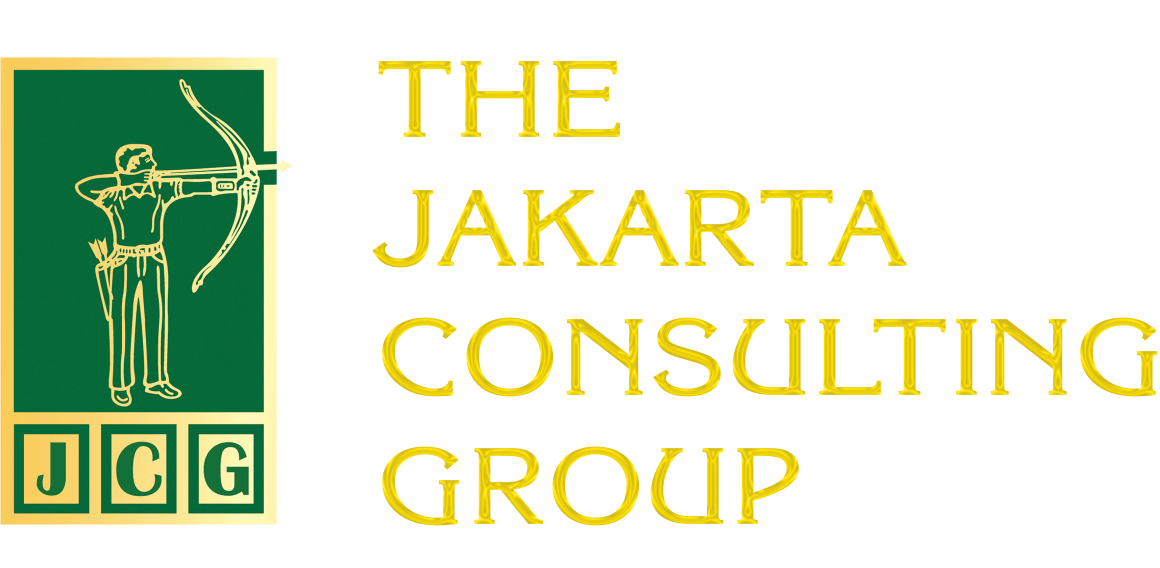Johnson & Johnson recently offered to pay $9 billion to settle tens of thousands of lawsuits across North America. Johnson & Johnson’s talcum powder and other talc-based products were claimed to cause cancer. The offer is significantly larger than the previous offer, which was valued at $2 billion.
The healthcare giant still believes the claims are “unfounded”. However, Johnson & Johnson hopes its settlement offer will bring an end to the long-running lawsuits. Furthermore, Johnson & Johnson said the offer has received significant support from the parties involved in the case. In 2020, the company stopped selling talc-based baby powder across the US citing misinformation that reduced demand. In fact, the company has been selling baby powder for nearly 130 years.
Johnson & Johnson has been trying to settle lawsuits in bankruptcy court since 2021, after forming a subsidiary responsible for handling claims that may be brought by customers or others related to products or services provided by the parent company. However, this effort ran into trouble after the bankruptcy court found that the parent company was not in financial distress and therefore could not use the bankruptcy system to settle lawsuits.
Jonhnson & Johnson itself says that it has won most of the lawsuits filed against it. However, the defeats it has suffered are quite significant. Among them was the granting of a USD 2 billion lawsuit filed by 22 people.
The amount of financial value Johnson & Johnson is offering to settle its legal issues is no joke. But not only that. Its reputation as a giant company is also at risk.
Therefore, it is important for businesses to be aware of reputational risk, regardless of the type and size of their business. It takes many forms. One is lawsuits resulting from a company producing goods that are deemed or proven to endanger the health and safety of consumers. Other risks can stem from executive misconduct, including off-the-job behavior. This also includes the company’s unwillingness to change with the times. Although the latter does not lead to lawsuits, it does put its reputation in question.
How can we address this reputational risk? First of all, by constantly monitoring information about the company, especially from external parties and social media. This includes news related to the company’s brands, both product brands and corporate brands.
Next, strengthen the company’s marketing and public relations. Both functions play a big role in ensuring the company’s positive image. If there is negative news about the company, they spearhead the response.
But above all, it all starts with ethics within the company. Reputational risk is not just limited to executives. Everyone in the company, at any level, can commit actions that can tarnish the company’s reputation. Therefore, it is very important for businesses to formulate and instill ethical values within the company. These values are then applied in daily work practices. (c) The Jakarta Consulting Group
Related Posts:
When Organizational Structure Is No Longer Relevant to Strategy
Uncovering Bias and Cultural Dynamics in Performance Appraisal Systems
Growing Amidst Crisis: Business Strategy for Continued Growth
Inspiring Stories of Local Entrepreneurs: Robita, from Gardener to Tokyo
Empat Keterampilan CEO: Menumbuhkan Budaya Perusahaan yang Berpikir Maju











